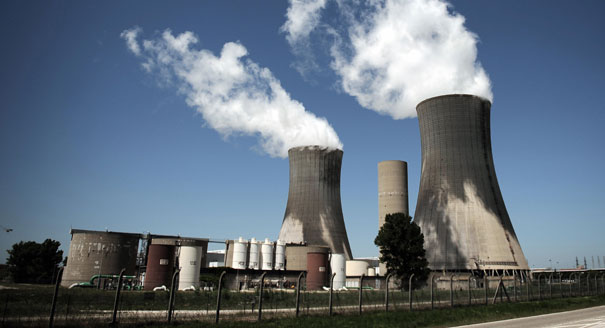Registration
You will receive an email confirming your registration.
Are there untapped opportunities to achieve good outcomes in nuclear proliferation, safety, and security? In pursuit of these goals, governments and international agencies have relied on coercive means above all—laws, regulations, and licensing requirements at home; and export controls, sanctions, and the use of force abroad.
Another approach to these goals is to create incentives to encourage, not enforce, the desired behaviors. Both financial and non-financial means can be developed to draw states away from building proliferation-sensitive fuel-cycle facilities and to support good stewardship of nuclear facilities and spent fuel.
Thomas Wood, Robert Otto, and Tristan Volpe discussed their recent articles in the Nonproliferation Review on positive inducements for nuclear proliferation, safety, and security. James Casterton responded by addressing the policy and global governance implications of these proposals in a moderated discussion with Joshua Pollack. Both articles are temporarily available for free online:
- “Market-Based Policies for Nuclear Nonproliferation” by Thomas Wood, Amy Seward, and Robert Otto
- “Atomic Inducements: The Case for “Buying Out' Nuclear Latency” by Tristan Volpe
This event was co-hosted with the James Martin Center for Nonproliferation Studies and the Middlebury Institute of International Studies at Monterey.
James Casterton
James Casterton is the former nuclear counselor at the Canadian Mission in Vienna. He is now an independent consultant specializing in nuclear non-proliferation, safeguards and export control issues.
Robert Otto
Robert Otto is a nonproliferation researcher at Pacific Northwest National Laboratory.
Tristan Volpe
Tristan Volpe is a fellow with the nuclear policy program at the Carnegie Endowment for International Peace.
Thomas Wood
Thomas Wood is a senior policy advisor at Mele Associates. He retired from Pacific Northwest National Laboratory in 2015.
Joshua Pollack
Joshua Pollack is the editor of the Nonproliferation Review.
